| ISLAND Newsletter - September 2020 |
View in browser | Print |
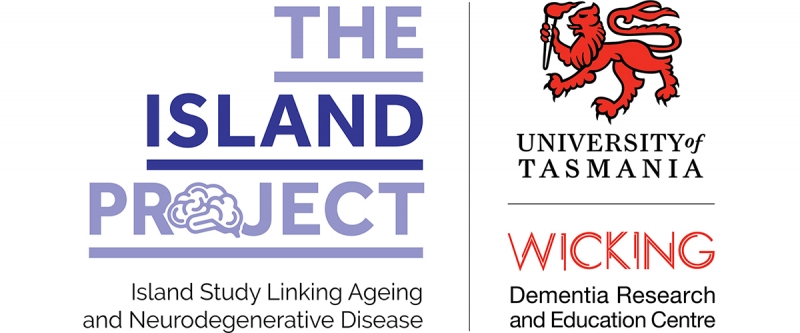 | | | 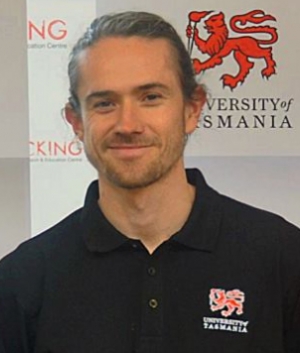
Welcome to this edition of The ISLAND Project newsletter. I'm Josh Eastgate, senior technical developer at the Wicking Dementia Research and Education Centre. I feel very honoured to be part of an amazing team of researchers and professionals working together on worthwhile projects that aim to help the community, in particular in the area of dementia as we're all affected by this in one way or another. I moved to Tasmania three years ago looking for adventure and purpose and I feel I've well and truely found it here.
We have a great little development team here at Wicking who've rolled out some cutting-edge systems in a short period of time. In the time I've been here we've developed our own in-house LMS (Learning Management System), which we primarily use for our Understanding Dementia and Preventing Dementia MOOCs. We were awarded the 2019 UTAS Innovation Award for our work on the LMS and it's now being used in other areas of the university to help move courses online.
At the beginning of the year we were tasked to create a new research platform that has now been in action for the ISLAND Project since April this year. Our aim was to create an experience that is as intuitive as possible for our participants, and integrate the university's survey system into our platform in a way that progresses seamlessly. I believe we've done a good job achieving this, but we're always working to improve it. We hope you've found the platform easy to use.
I'd like to thank the whole team for all their assistance in getting the platform off the ground, in particular Larissa and the project team (Helen, Justine and Adam), Chris and the development team (Vlasti, Karina and Oliver), for their invaluable guidance and countless hours of work. Most importantly, thank you to all of our ISLAND research participants, without whom it wouldn't be possible to undertake such an ambitious project!
| | Free Preventing Dementia Online Course | 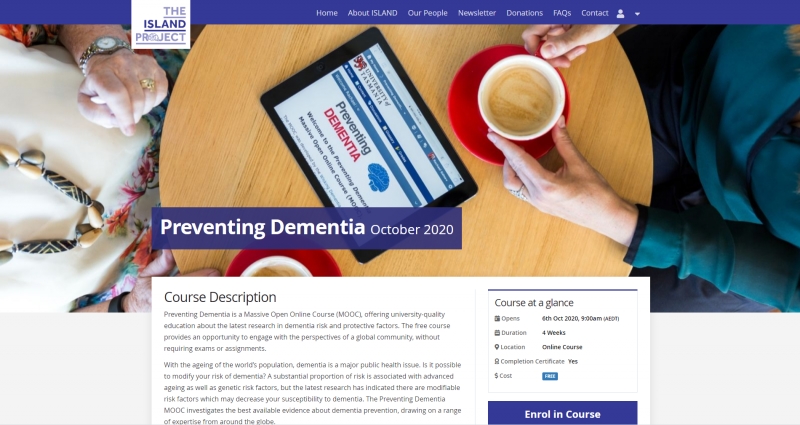 |
Learn about dementia prevention and reduce your risk - ENROL NOW
The Wicking Dementia Research and Education Centre has been offering the Preventing Dementia Massive Open Online Course (MOOC) for many years now and is ranked by Class Central as one of the top MOOC courses in the world! Preventing Dementia MOOC provides you with the latest research in dementia risk and protective factors. The free course is an opportunity to engage with the perspectives of a global community, without requiring exams or assignments! With the ageing of the world’s population, dementia is a major public health issue. Is it possible to modify your risk of dementia? A substantial proportion of risk is associated with advanced ageing as well as genetic risk factors, but the latest research has indicated there are modifiable risk factors which may decrease your susceptibility to dementia. The Preventing Dementia MOOC investigates the best available evidence about dementia prevention, drawing on a range of expertise from around the globe.
Preventing Dementia MOOC is suited to everyone - whether you are an individual with an interest in brain health and/or dementia risk reduction, or an allied health professional, clinician, aged care service provider or health policy professional - this course is designed to be accessible and appealing to people from diverse backgrounds.
To obtain the most from this course, participants should expect to spend approximately 2 hours per week engaging with the content and completing related course activities. The 4 weeks of scheduled content is released weekly and is accessible across 6 weeks in total, with the additional 2 weeks providing time to catch up on (or review), content. After successfully completing the final quiz, participants will be eligible to download a certificate of completion.
Enrol in the Preventing Dementia MOOC via your ISLAND Home page. Log in or sign up here to access this free course.
| | State of the evidence - Turmeric | 
More hype than hope?
Turmeric is a plant, the root of which can be dried and used as a spice in food, or in alternative medicine. The main ingredient in turmeric is curcumin, and curcumin is thought to have anti-inflammatory properties which may help alleviate some of the inflammation that occurs in the brains of people with Alzheimer’s Disease. It has been suggested that curcumin might help prevent the amyloid protein from clustering into plaques in the brain of those with Alzheimer’s Disease. Unfortunately, many of these findings are based on limited animal studies. In countries like India, where turmeric is a common cooking ingredient, there appears to be a lower incidence of diseases like Alzheimer’s. But it is likely that other factors, like shorter life expectancy and access to the health system, would contribute to this finding. There is not yet any strong evidence that suggests consuming turmeric will be beneficial for either reducing your dementia risk or treating diseases like Alzheimer’s.
| | Research | 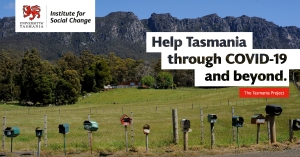
Have a voice in shaping our state during and after COVID-19
How are you experiencing and adapting to life in the time of COVID-19? What do you need and want now, and for the future? The University of Tasmania has established The Tasmania Project to give you a voice and to gather important information during and beyond the pandemic. We are seeking Tasmanian residents to participate in surveys and/or interviews with our research team from the Institute for Social Change. By completing an expression of interest, you’ll receive emails inviting you to participate in the study through surveys and/or interviews. If you are unable to complete the online registration form, please register your interest by calling (03) 6226 7542 and leave your name and phone number. A member of our team will be in touch to register you.
| | Awareness events |
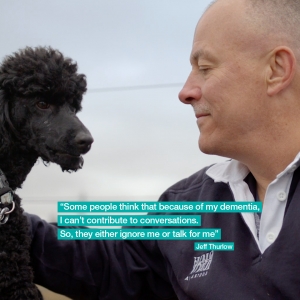 | 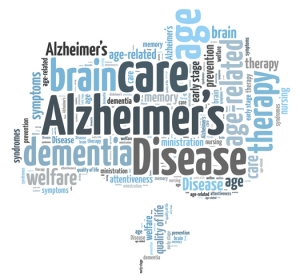 |
Dementia Awareness Action Week 21st-27th September | World Alzheimer's Day - 21st September |
Dementia Action Week 2020, developed by Dementia Australia in consultation with Dementia Advocates, will feature stories of Australians living with dementia. "Dementia Australia’s research with the broader community shows that there is a prevailing attitude that people living with dementia are overwhelmingly very old, frail and living in care. This has been reinforced by consultation with advocates where their experiences confirm that once diagnosed with dementia there is a perception that they have a complete loss of function and independence". Sadly, these misconceptions can lead to inaccurate assumptions about the capacity of people living with dementia. Dementia Action Week 2020 will demonstrate that many people living with dementia can continue to live well for many years after their diagnosis. Many continue to make significant contributions to our community, they engage, make their own choices and live rich and active lives. Watch "What should people know about living with dementia"? | September 21st every year is World Alzheimer’s Day and is part of the World Alzheimer's Month. It is an international campaign to raise awareness and highlight issues faced by people affected by dementia. It's an opportunity for people and organisations to demonstrate how we can overcome these issues and help people live well with dementia. This year's focus is stigma, with the aim to break the stereoypes and myths about dementia.
Families affected by dementia are facing an illness that’s often frightening and debilitating. They shouldn’t also have to deal with ignorance, thoughtlessness and cruelty from the people around them. By raising awareness of dementia we can all help to break the stigma and enable people affected by dementia to live with dignity and respect. 5-ways to break the stigma of dementia |
|
| ISLAND Project Partners | |
|  | |
The University of Tasmania received funding from the Australian Government. Views and conclusions expressed in this publication are those of its authors, and may not be the same as those held by the Department of Health.
|
|
Stay Connected:
|


|
islandproject.utas.edu.au
|
| |
|
|